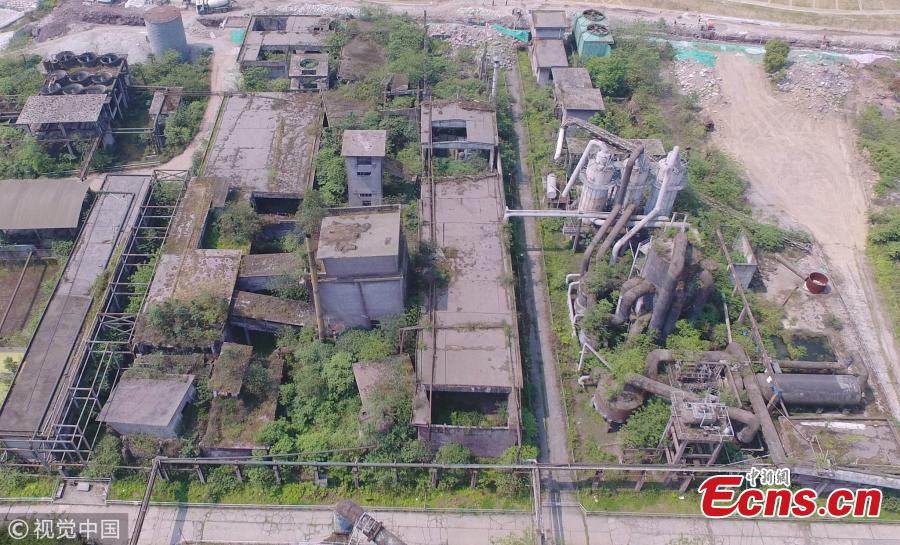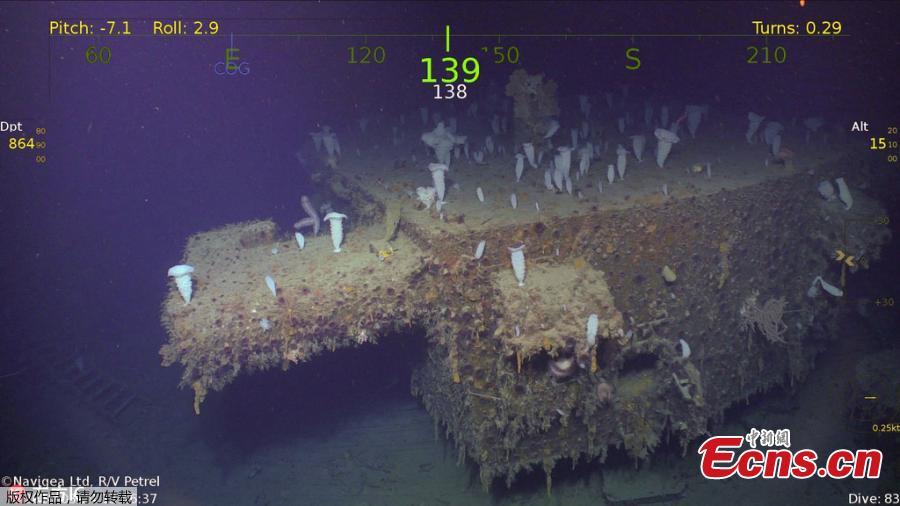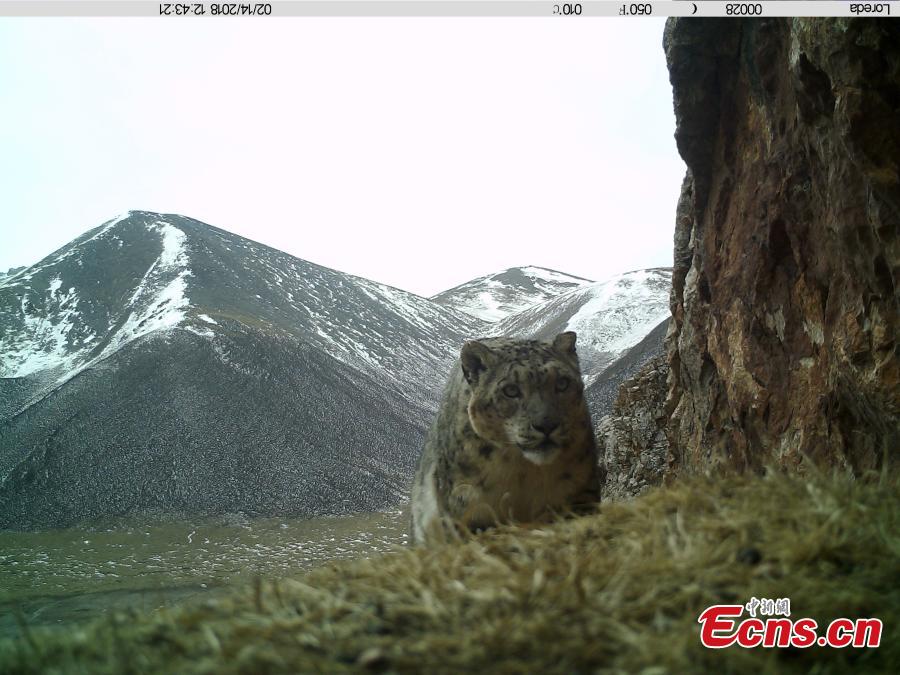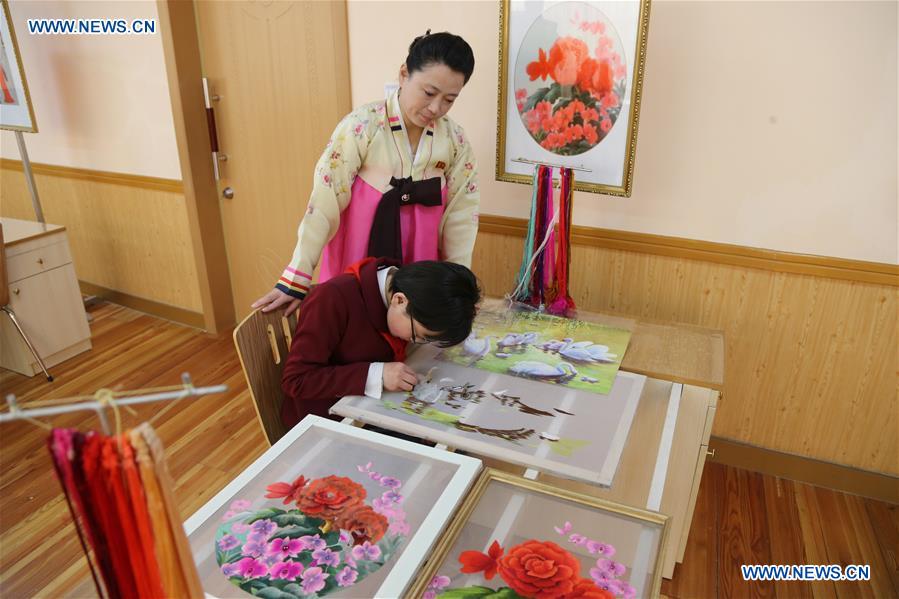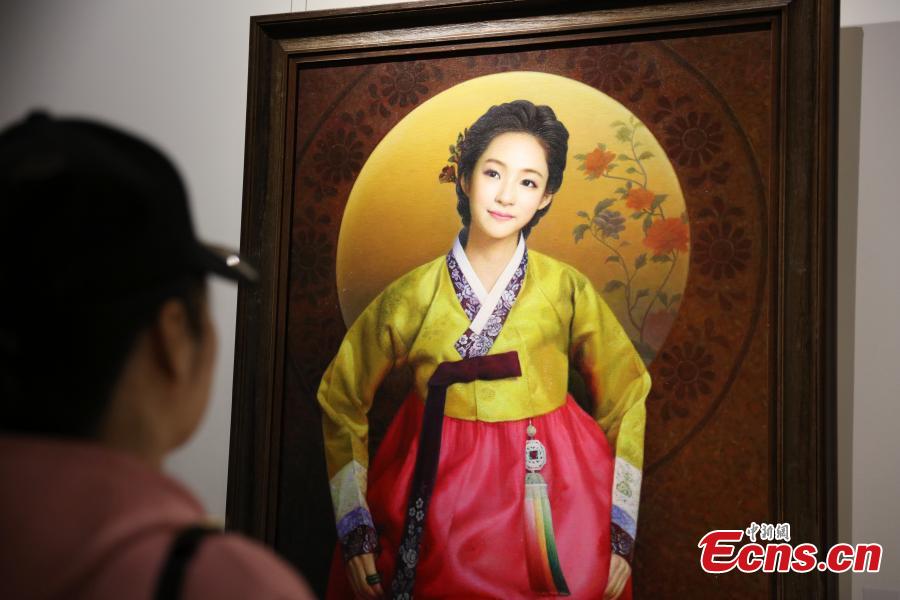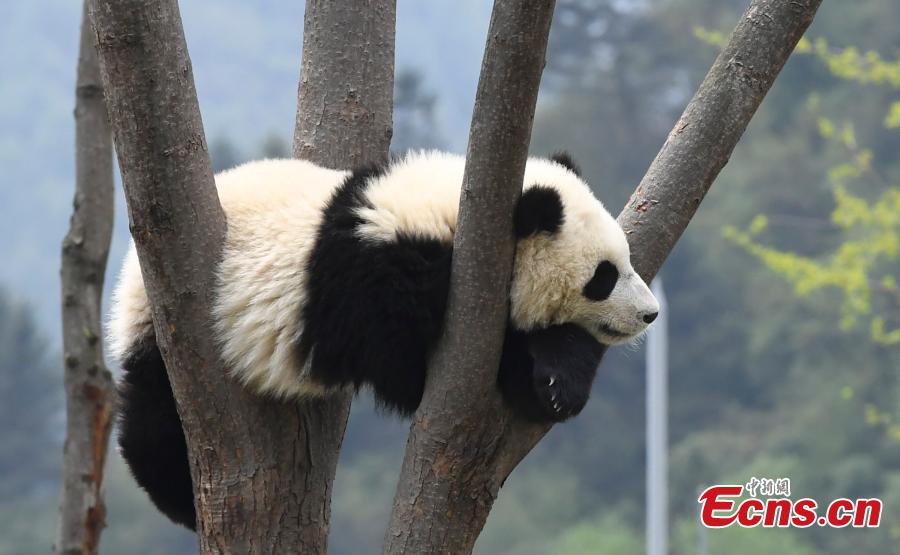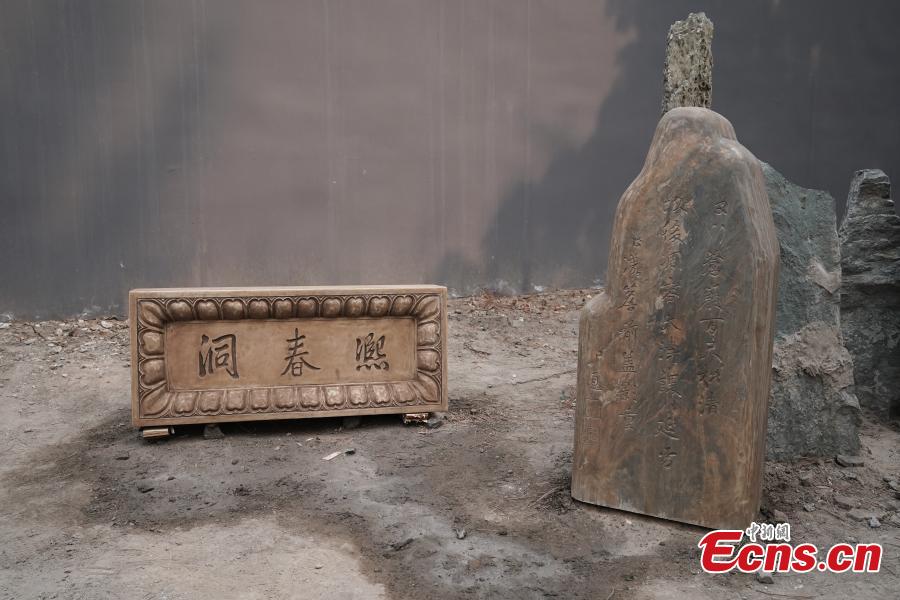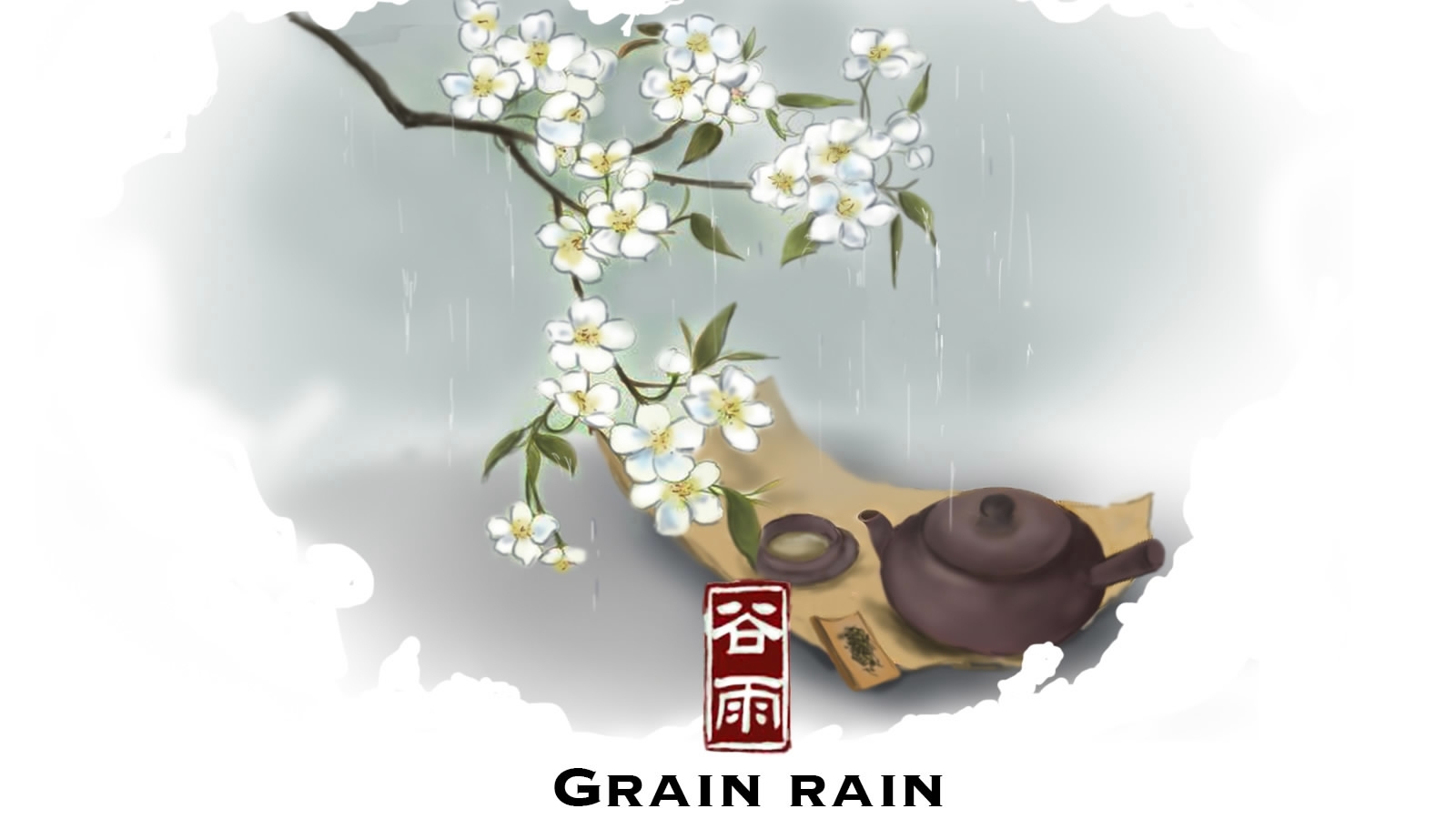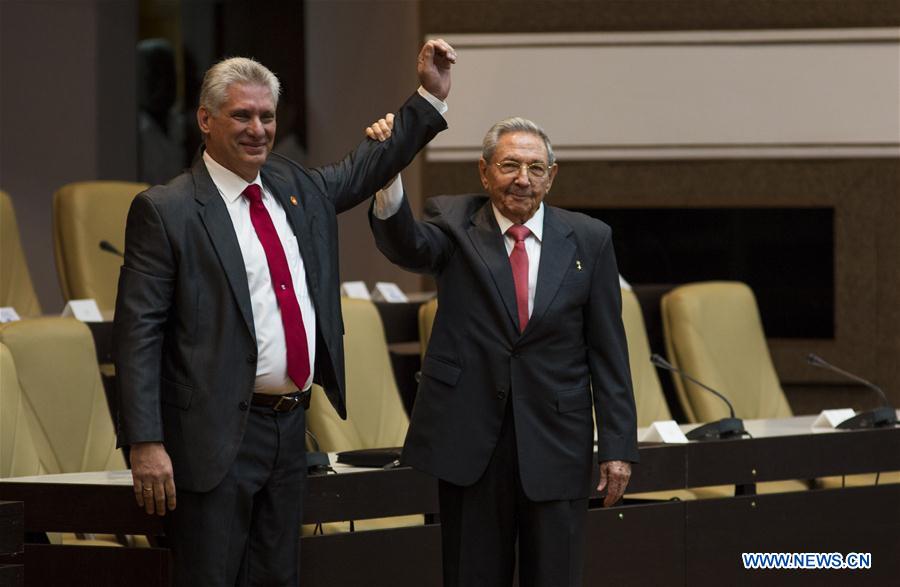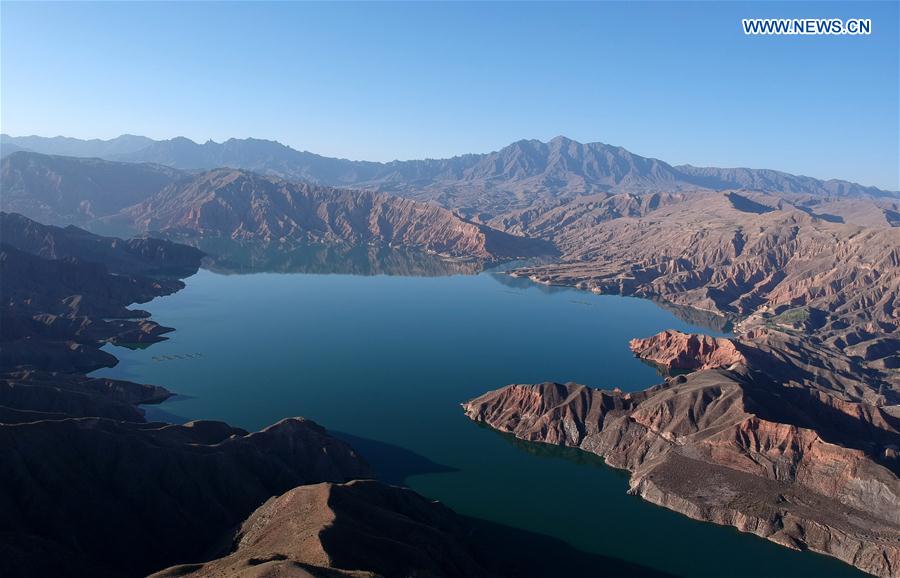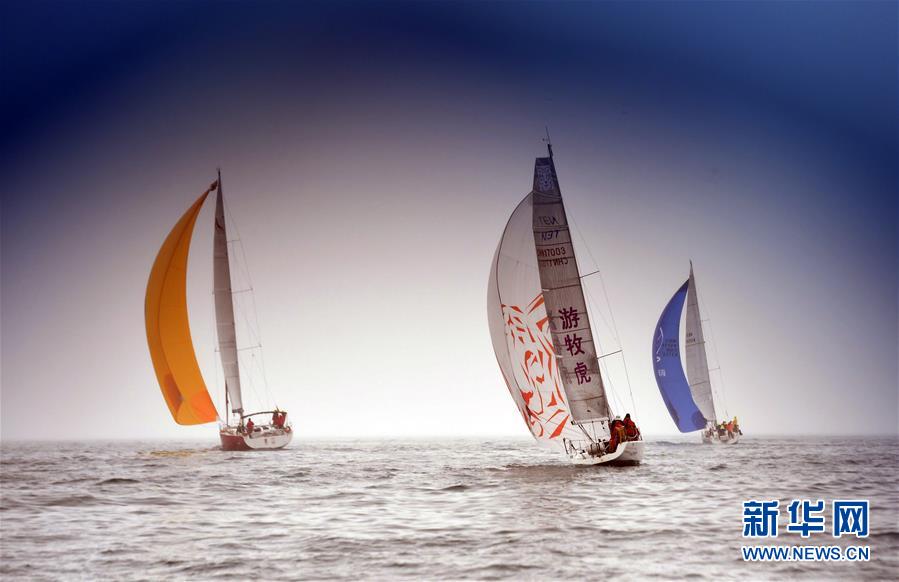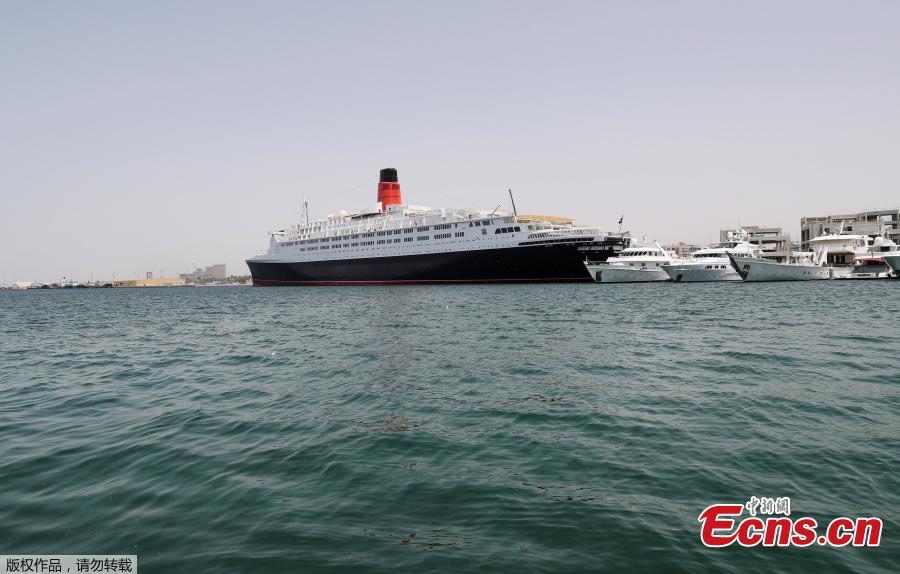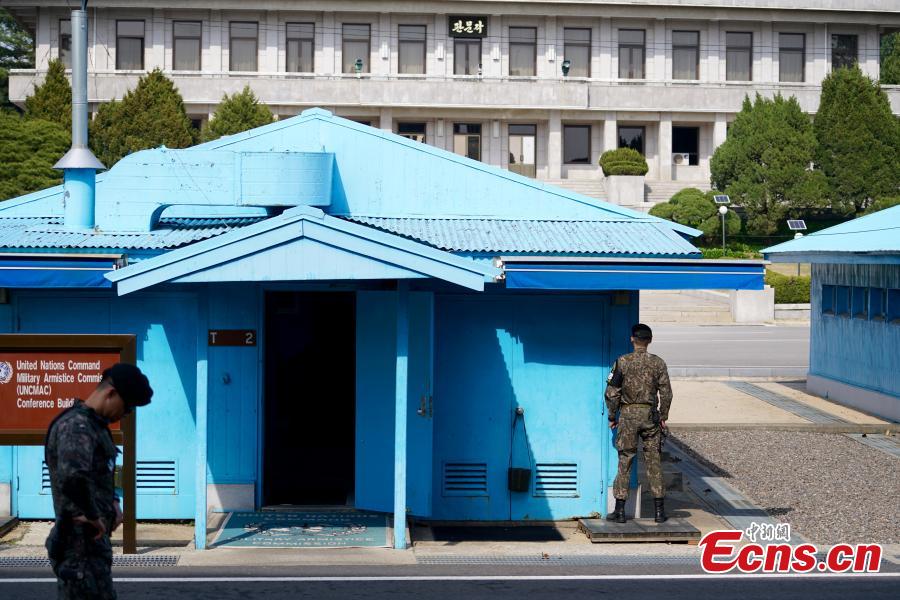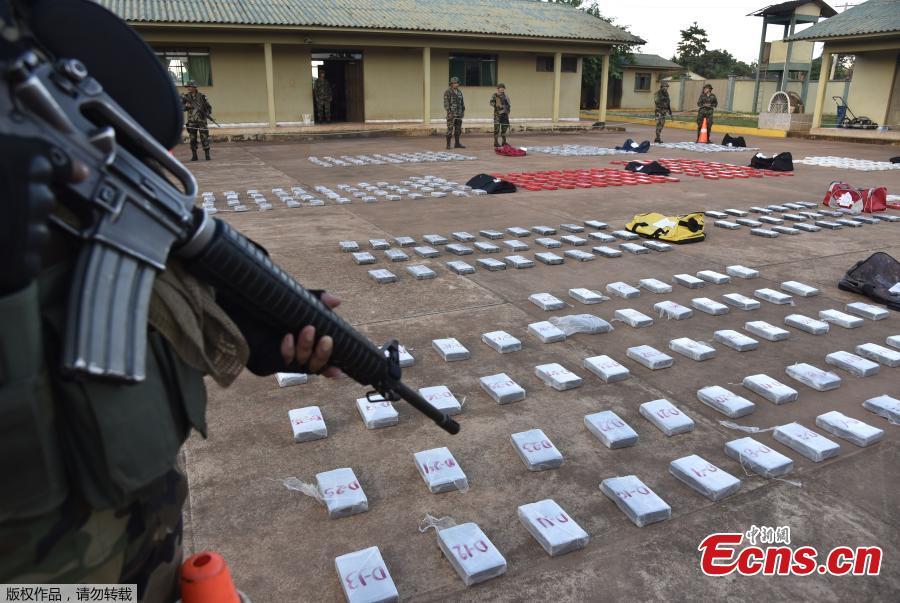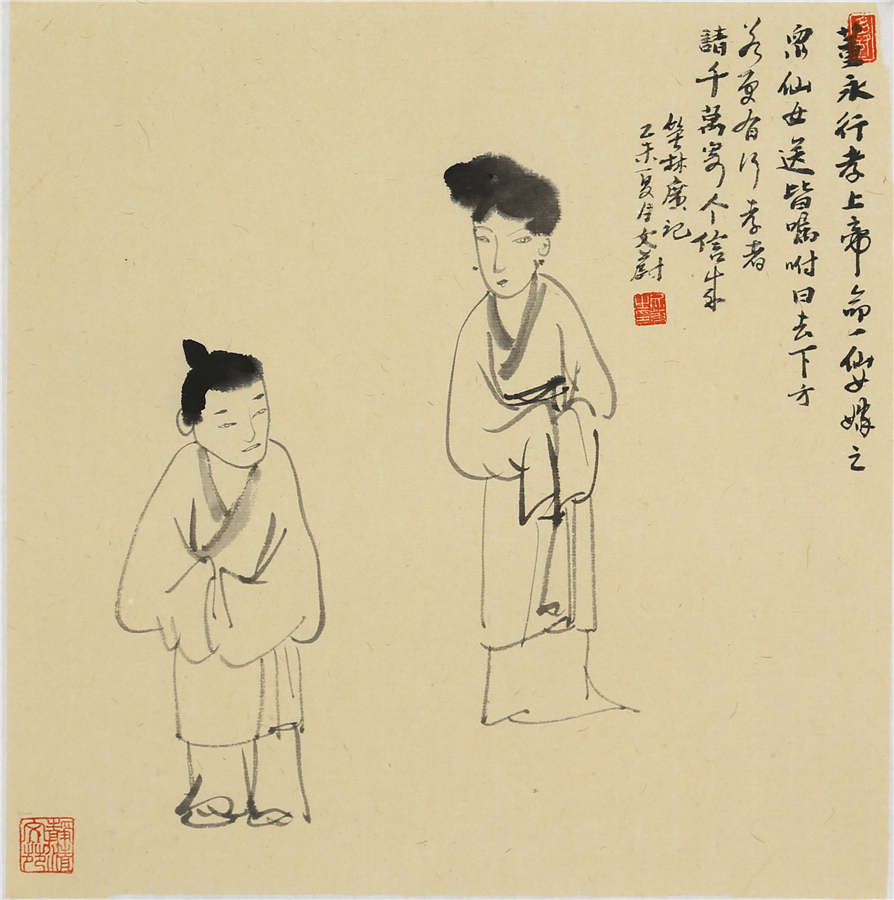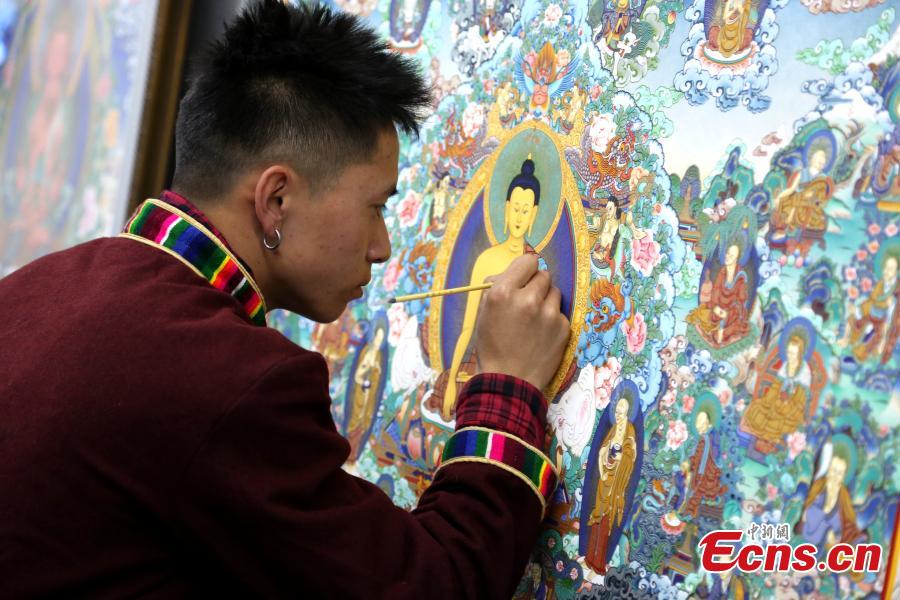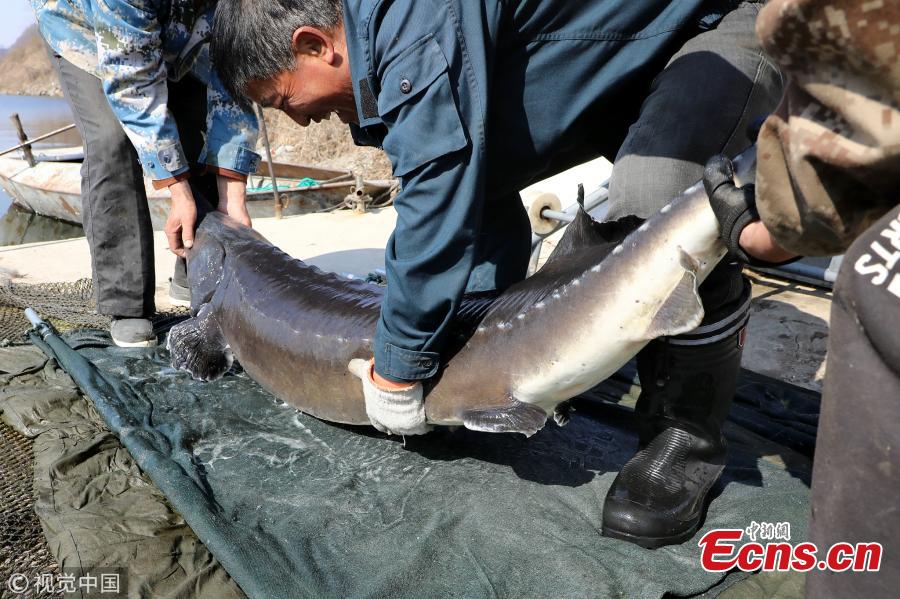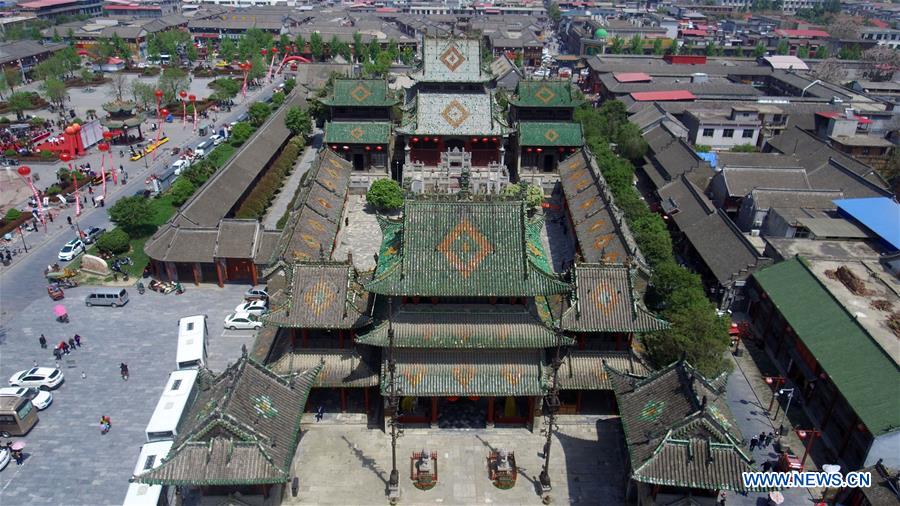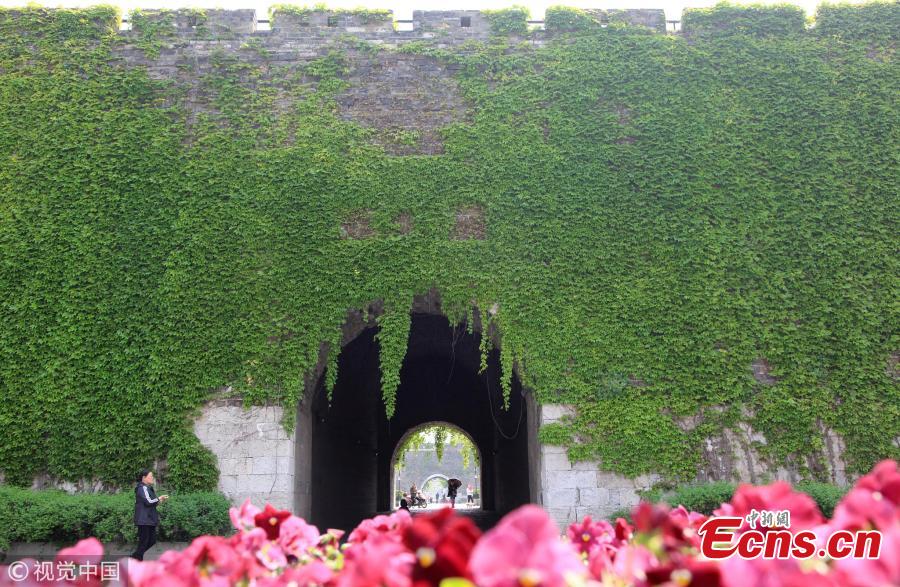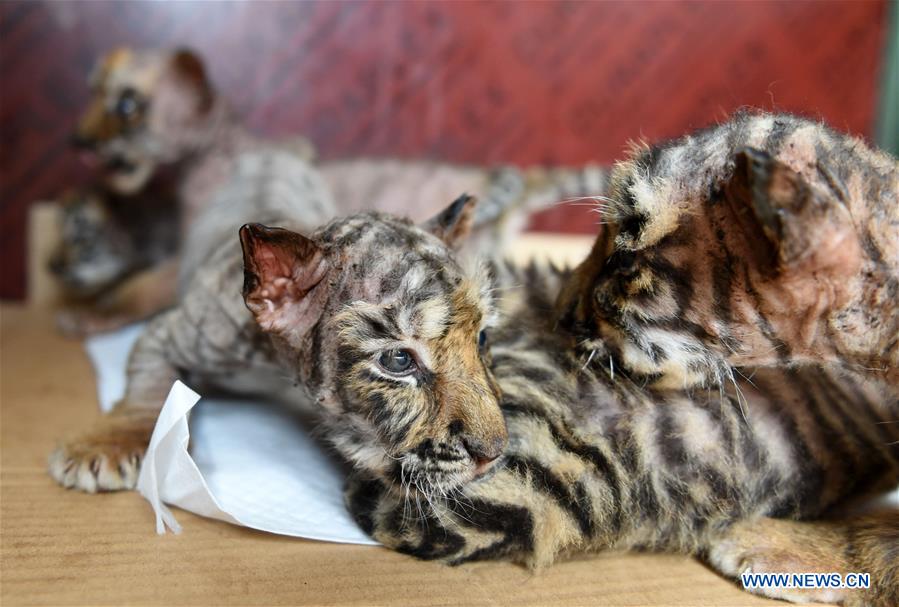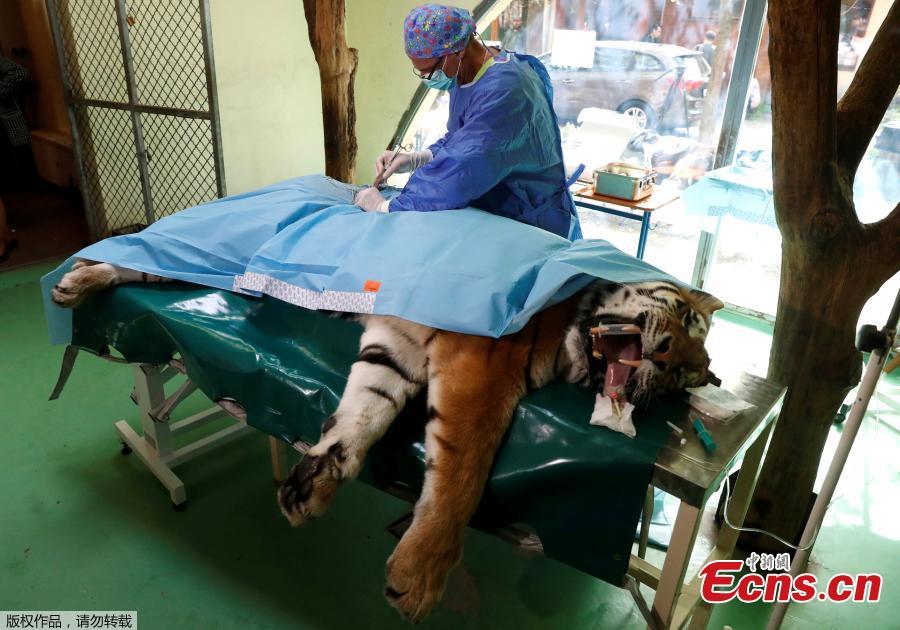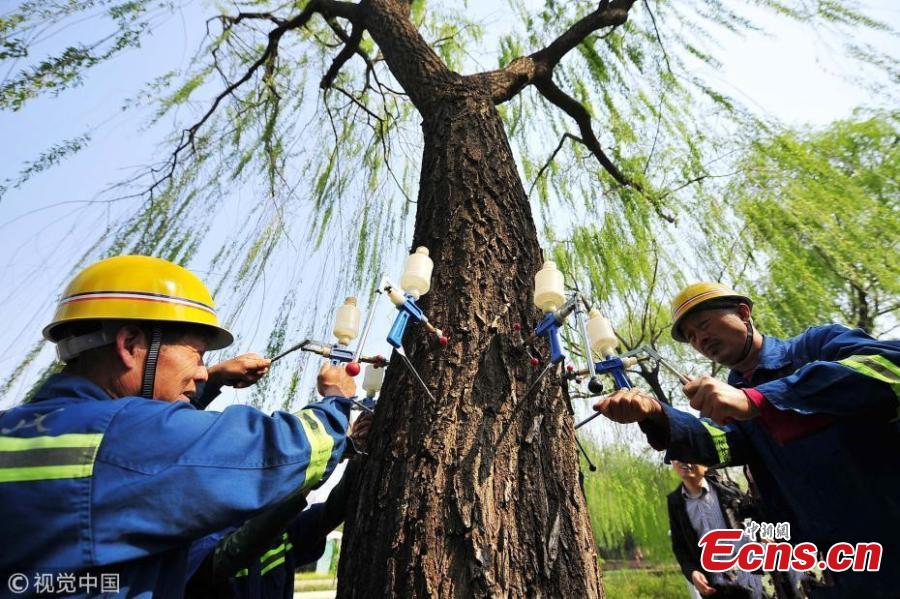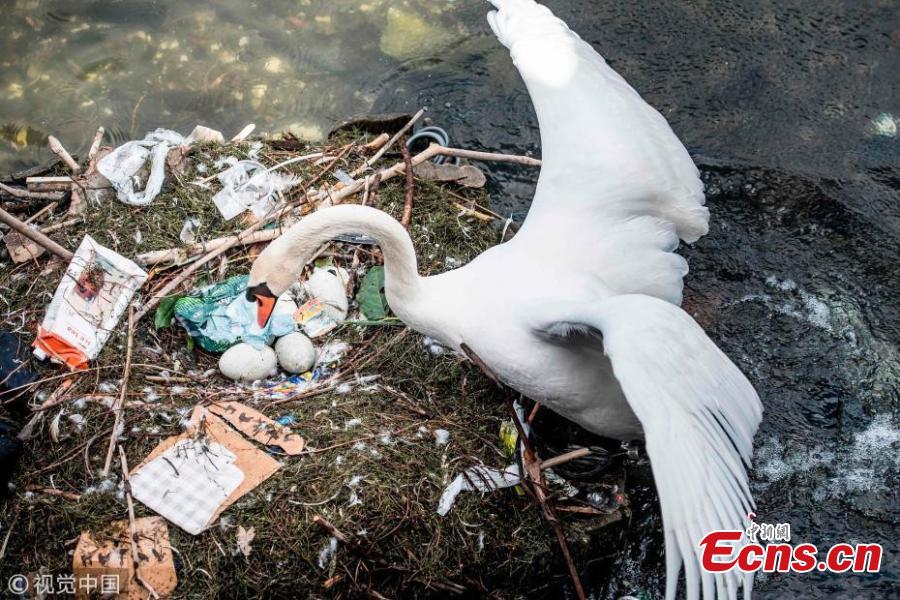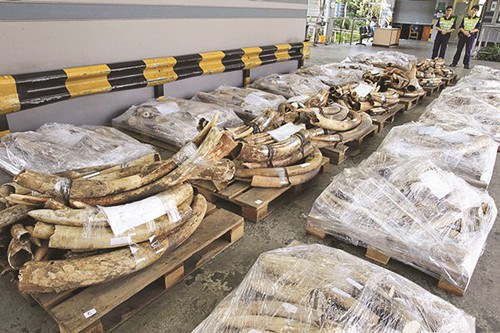
Seized elephant tusks are displayed by customs authorities in Hong Kong in 2012. Ivory smuggling has fallen due to strict law enforcement in China in recent years. (Photo provided to China Daily)
Clampdown
China's clampdown has pushed down the price of ivory, leading to a 65 percent reduction in the number of elephants being killed in the past three years, according to the charity Save the Elephants.
China's actions were praised by Botswana President Ian Khama, who earlier called on Britain and the European Union to follow China's lead.
"When you look at the other countries coming on board - for example, China - I think they are setting a wonderful example to follow, whether it's the UK or the European Union," Khama said at the anti-poaching summit in Botswana.
British nongovernmental organizations are also using China as an example when putting pressure on the UK government.
"Although the UK's antique ivory market is small in trading volumes, banning this market is an important symbol of commitment to stopping the ivory trade," said Mayhew.
More than 100 countries have banned the ivory trade. Conservationists have urged China and the UK to take a joint leadership role and urge the remaining markets to follow suit and impose bans of their own, or increase enforcement efforts.
"If China can, side by side with the UK, call other leaders in the world to do the same, that will have an important impact," said Tanya Steele, chief executive of the World Wide Fund for Nature in the UK.









